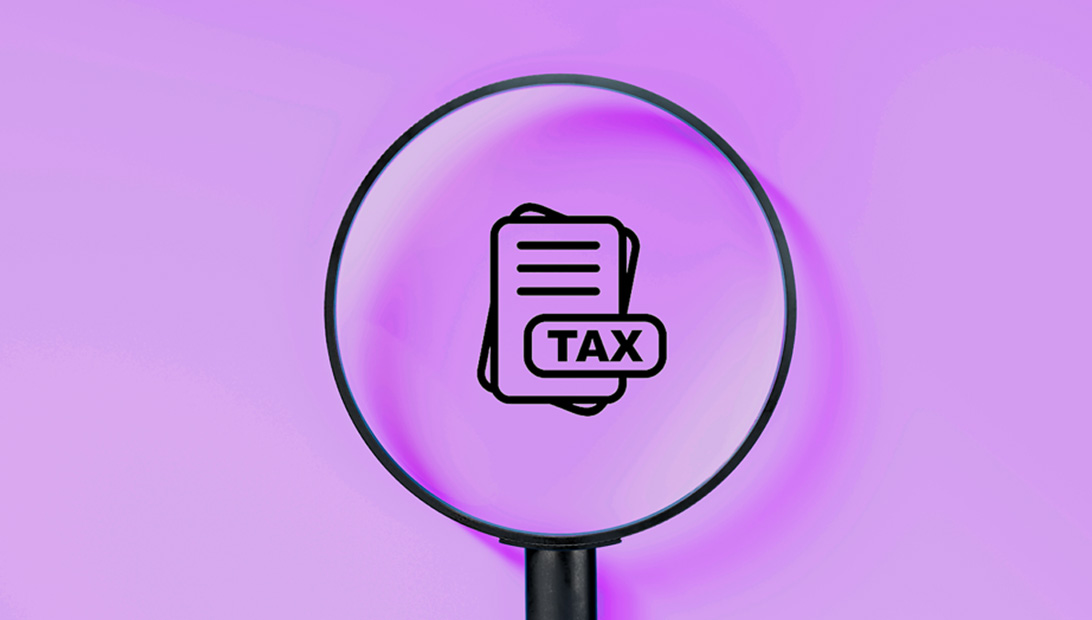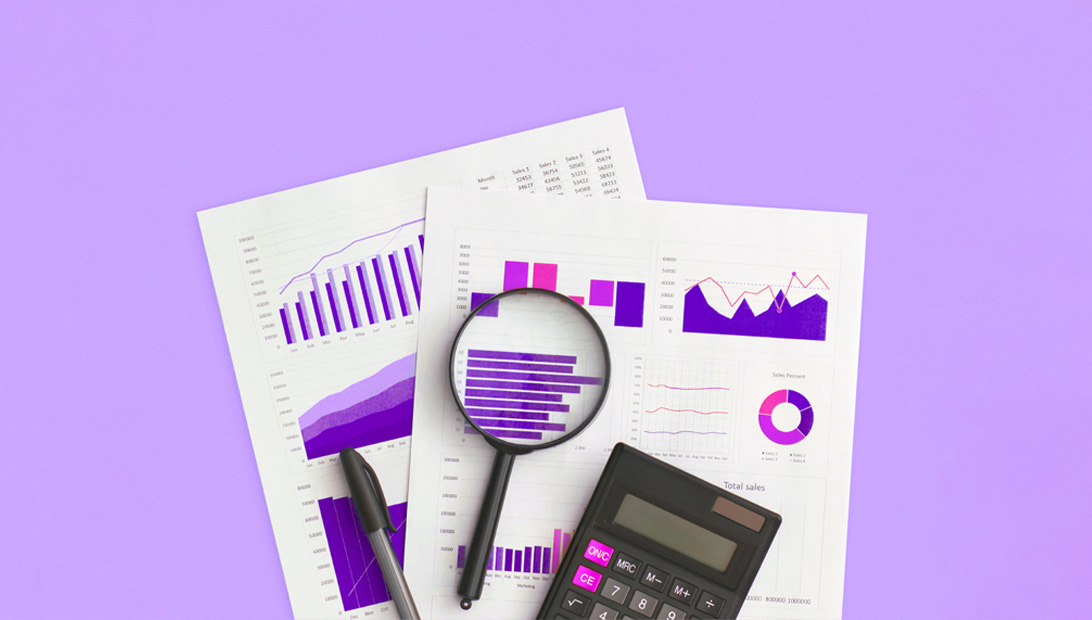
Going into 2024, are you making the most of your tax allowances?
Ahead of the New Year, for some it’s a tradition to think back and lay out new plans. However, in a year like 2023, where so much evolved so quickly, when it comes to taxes keeping track of all the changes can be particularly challenging. In this article, we outline the main tax and pension changes made this year.
The changes outlined in this article were announced as part of the Spring Budget in March or the Autumn Statement in November. These are pivotal times for tax-planning initiatives, and whenever possible you should make a note to speak to your financial adviser around these times, about what the changes might mean to your personal circumstances.
Before we summarise the main points, it’s important to remember that you are entitled to a new set of allowances at the beginning of the tax year, which falls on 6 April 2024. Before then, please ensure you’ve used all the allowances you’re entitled to, and that you continue doing so in the next calendar year.
If you’re unsure if you have been making the most of your allowances, our financial planning directors can help you understand the best course of action.
Pensions
In the current tax year, the annual allowance increased to £60,000 from £40,000. This increase in your annual allowance means you can save an extra £20,000 in your pension pots this year, compared with the previous year (subject to earnings).
In addition, the tapered annual allowance (TAA) increased to £10,000 from £4,000. The TAA applies to individuals whose threshold income exceeds £200,000 and adjusted income over £240,000. If you meet these income requirements, your annual allowance gradually reduces by £1 for every £2 of adjusted income above £260,000.
The tapering is capped at £360,000, and therefore you should retain an allowance of a minimum of £10,000.
This year, the UK government also made changes to the Money Purchase Annual Allowance (MPAA), which is a restriction on payments you make into your pension offering tax relief after you have accessed your pension in certain circumstances. Whereas in the previous year it was capped at £4,000, this year it increased to £10,000.
The UK government also announced plans to abolish the lifetime allowance (LTA). The LTA represents the maximum amount of tax relief from pension savings over the course of a lifetime. In the current landscape, there is no charge on excess funds above the LTA. There are plans to fully abolish the LTA in due course.
If you receive the new State Pension, the full amount you receive since 6 April 2023 is £203.85 a week, up from £185.15 a week.
Tax and dividends
When it comes to taxes, the 45% tax band income was applied to earnings over £150,000, but the UK government has reduced this to earnings over £125,000.
If you live in Scotland, the government has announced changes to its tax threshold, adding a new band for higher earners. Individuals earning between £75,000 and £125,140 annually will fall into the new 45% tax band category – to be known as ‘Advanced Tax’. This new band represents a 3% increase over the previous tax rates, where higher rate payers (i.e., those earning between £43,363 and 125,140) were taxed at 42%.
The top rate of income tax in Scotland increased by 1%, to 47%.
Capital gains tax (CGT) thresholds, which represent the tax on the profits taken from selling an asset, have also changed. The CGT allowance reduced to £6,000, and a further £3,000 cut is expected to take effect in April 2024.
When it comes to dividends, the allowance has been reduced to £1,000, and a further cut to £500 is expected to occur in April 2024.
Talk to us
The pensions, tax and dividend conditions mentioned above represent an overview of changes made this year, but they do not paint the full picture. Please note, individual circumstances mean that your personal situation may be slightly different.
If you would like to discuss any of the changes this year, or indeed how you might make best use of the allowances available to you, please get in touch with us at 7IM and we will be happy to help.
More from 7IM




